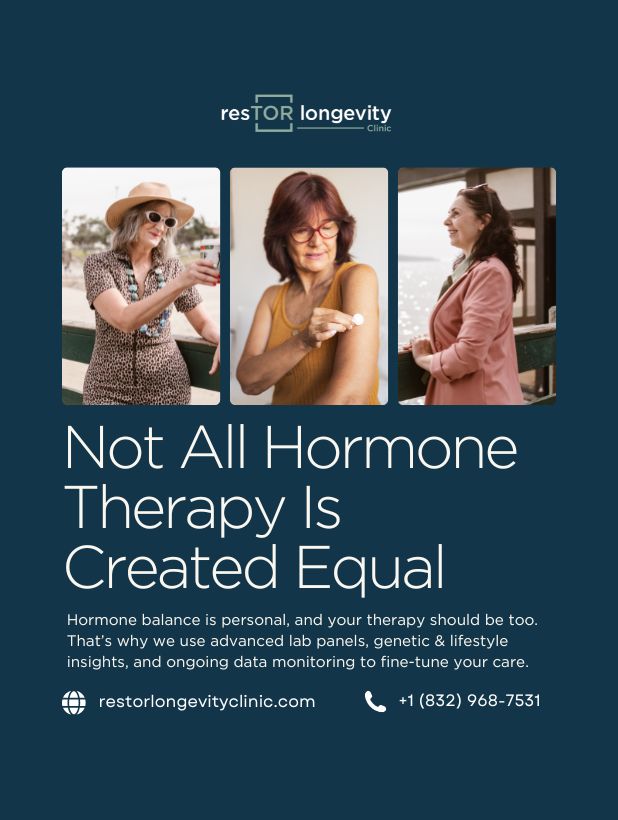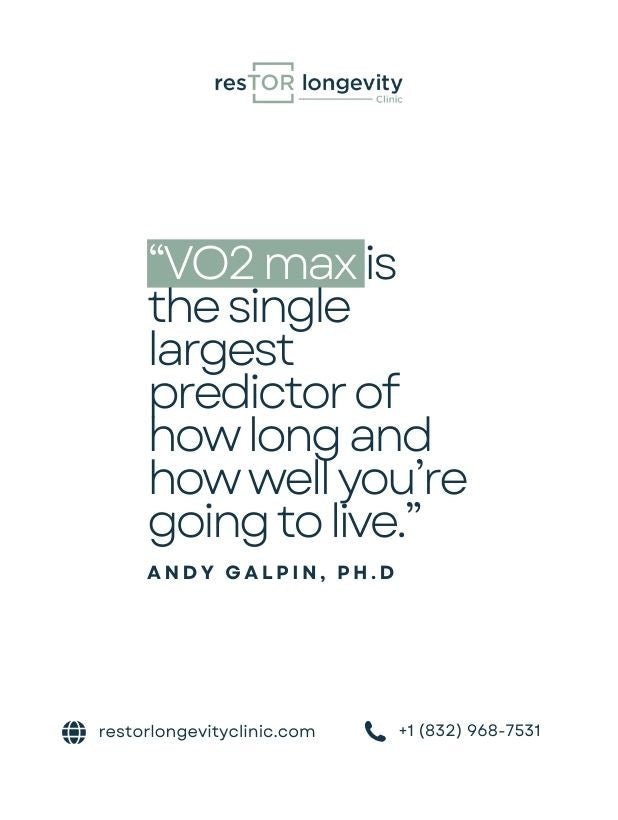Did you know that hormone imbalances can drastically affect your energy levels, mood, and overall quality of life? Understanding and treating these imbalances is crucial for optimal health, especially as we age. In this guide, we will explore the nuances of hormone therapy, why personalized treatment is essential, and how to effectively engage with hormone balance to ensure you live a healthy, vibrant life. By recognizing the different facets of hormone therapy, you can make informed choices that cater to your unique needs.
Hormone therapy often appears in health discussions, but misconceptions abound regarding its role and effectiveness. This post aims to elucidate the dimensions of hormone therapy, emphasizing that one size does not fit all.
Understanding Hormones
Hormones are chemical messengers produced by glands in the endocrine system. They regulate numerous functions, including mood, metabolism, reproduction, and sleep. When hormones are out of balance, it can lead to various symptoms such as fatigue, weight gain, anxiety, and mood swings.
The Impact of Age on Hormone Levels
As we age, hormone levels naturally decline. For example, women undergo menopause, which marks a significant drop in estrogen and progesterone levels, while men experience a gradual decline in testosterone levels. Understanding the effects of aging on hormones is pivotal in recognizing when hormone therapy may be beneficial.
The Myth of One-Size-Fits-All in Hormone Therapy
Not all hormone therapies are created equal. Many people believe that a universal approach will work for everyone, but this is far from the truth. Individual biology, lifestyle factors, and specific health conditions must be considered to tailor hormone therapy effectively.
Advanced Lab Testing for Personalized Care
At the heart of effective hormone therapy is precise testing. Utilizing advanced lab panels, healthcare providers can assess hormone levels accurately. This includes:
- Full hormone panels: Assessing levels of estrogen, progesterone, testosterone, cortisol, and thyroid hormones.
- Genetic testing: Understanding how your genetics influence hormone metabolism and balance.
- Lifestyle assessments: Evaluating factors like diet, exercise, and stress that impact hormone levels.
These comprehensive assessments allow for a more nuanced understanding of an individual's hormonal health, leading to personalized treatment plans.
The Role of Lifestyle in Hormone Balance
Lifestyle choices significantly impact hormone levels. Factors include:
- Nutrition: Essential nutrients support the body's hormonal functions. A balanced diet rich in healthy fats, proteins, and carbohydrates can optimize hormone production.
- Exercise: Regular physical activity can increase testosterone levels in men and reduce stress hormones in both genders through endorphin release.
- Sleep quality: Poor sleep can lead to elevated cortisol levels, a stress hormone that adversely affects overall health.
- Stress management: Chronic stress wreaks havoc on hormonal balance, making stress management strategies like meditation or yoga essential.
Ongoing Monitoring for Better Results
Once hormone therapy begins, ongoing monitoring is vital. Utilizing data from regular lab tests and health assessments allows healthcare providers to fine-tune treatment as needed. This iterative process ensures that any adjustments can be made promptly, improving overall outcomes.
Common Hormone Therapies and Their Uses
- Bioidentical hormone therapy: Utilizes hormones that are chemically identical to those our bodies produce, often seen as a more natural option.
- Synthetic hormones: May be used in various treatments; however, they can have different side effects, necessitating careful management.
- Hormone replacement therapy (HRT): Commonly prescribed for menopausal symptoms in women, it aims to alleviate discomfort while considering safety.
The Importance of Personalized Hormone Therapy
Engaging in hormone therapy is not just about replacing lost hormones; it’s about achieving optimal health. A customized plan may include:
- Determining the right dosage
- Selecting the best method of administration (e.g., injections, creams, or pills)
- Regular check-ups to adjust therapy based on changing needs
Personalization ensures that the therapy aligns with an individual's lifestyle, health goals, and existing conditions.
When to Consider Hormone Therapy
The decision to pursue hormone therapy should be well-informed. Consult with a qualified physician who specializes in longevity medicine to discuss symptoms and evaluate whether hormone treatment is necessary. Indicators that hormone therapy may be right for you include:
- Persistent fatigue or low energy
- Mood swings or depressive symptoms
- Weight gain or difficulty losing weight
- Changes in libido
- Sleep disturbances
Caution and Considerations
While hormone therapy can bring about significant health benefits, it isn’t without risks. Side effects can include headaches, bloating, mood changes, or sleep disturbances. Discuss these potential effects with a healthcare provider and monitor your response to therapy regularly.



